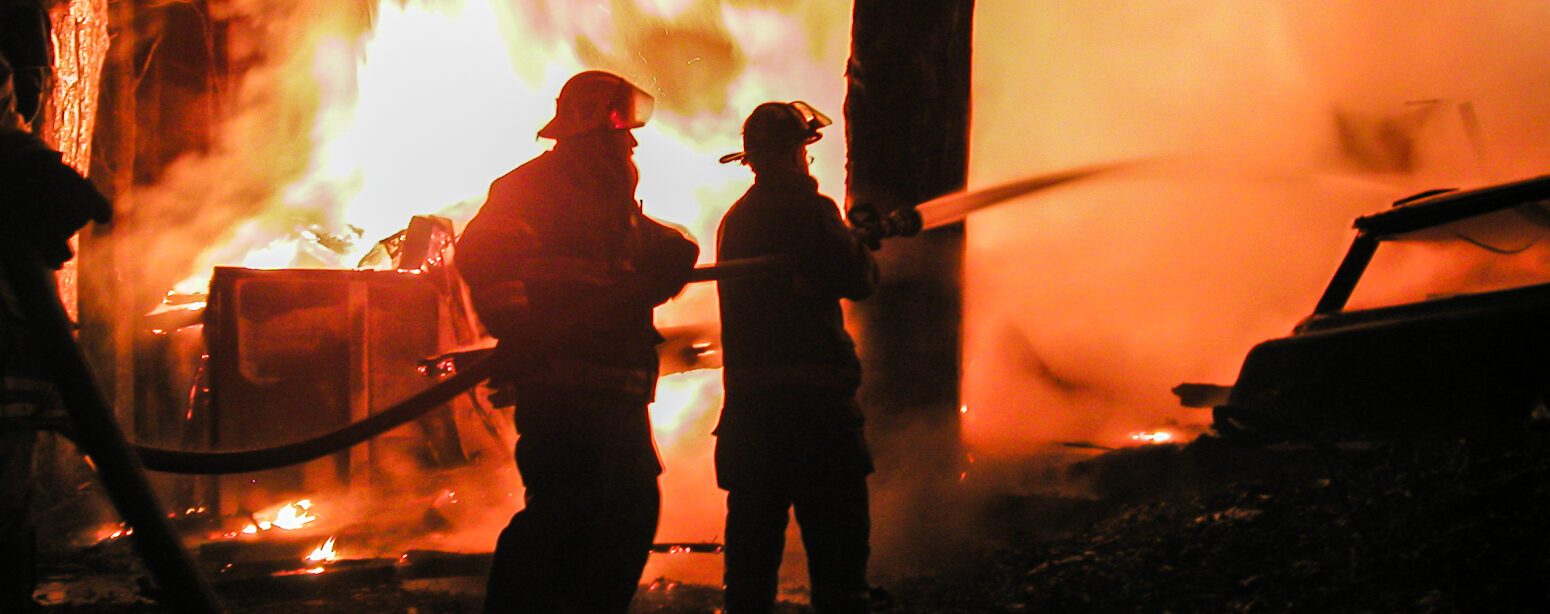Union-News (Springfield, MA)
Author: RICHARD NADOLSKI
GOSHEN, MA – Years ago, state police on horseback provided protection to people in small towns and took four days to make the rounds.
Today, the push of a computer or phone button accomplishes almost the same thing, and state police still want to be involved. They have offered to be the first point of contact for someone making an emergency call in one of the hill towns.
Goshen Fire Chief Francis Dresser says the towns need more than a mere relay of emergency calls.
The offer, in the form of a letter from Kevin Regan, president of the Massachusetts State Police Association, came as small towns in Hampshire County were considering whether to adopt an updated phone system called “enhanced 911.” Regan’s letter endorsed State Police Commissioner William McCabe’s suggestion that state police become the “public-safety answering point” for multi-town emergency networks.
Selectmen in many towns got the letter and are wondering exactly what state police would do and what it would cost.
Dresser says that what members of the subcommittee, on which he serves, wants is someone to take a call and stick with it until the emergency is resolved.
State police aren’t sure what they would do, said Trooper Barbara Bennett, public affairs officer. Already in place is a statewide emergency dispatch system for cellular mobile phones, that handles 6,000 calls a month, she said. It has dispatch centers in Northampton and Boston and acts only as a relay between callers and the ultimate dispatcher of the assistance.
“One of (enhanced 911’s) goals is to enhance communications that already exist” she said.
But that’s hardly more than what the towns now have, Dresser said. Fire calls are centrally dispatched through the Amherst Fire Department, while police and ambulance calls are handled by on-call personnel in the towns.
However because police and medical personnel are volunteers and part-timers, callers are not always connected quickly in emergencies. Sometimes, a caller must persist and dial several numbers before he reaches anybody who can help.
Dresser said one of the reasons to join a regional emergency network using “enhanced 911” would be to ensure a faster and more reliable response.
The new phone system, expected be in place within two years, will offer many benefits the current phone system does not have.
It would provide such services as providing a caller’s address simultaneously and keeping the line open even if the caller gets excited and hangs up or can’t give proper information. Facilities for use by the speech-impaired and deaf also are available.
The system would handle all types of emergency calls from police to fire to ambulance runs, and that makes Dresser wonder what else state police are offering.
“They’re trying to sell themselves, but nobody knows exactly what that offer contains,” he said.
“They may just want to be an answering point for police. That’s not going to be workable,” he said.
Dresser said the answering-point dispatcher must be willing to handle any call and stay with it whatever its nature or origin. That requires time and several dispatchers. He doesn’t know whether the state police are planning anything that ambitious.
“(The dispatcher) has to transfer information to the proper place. You’ve got to stay with it,” Dresser said.
